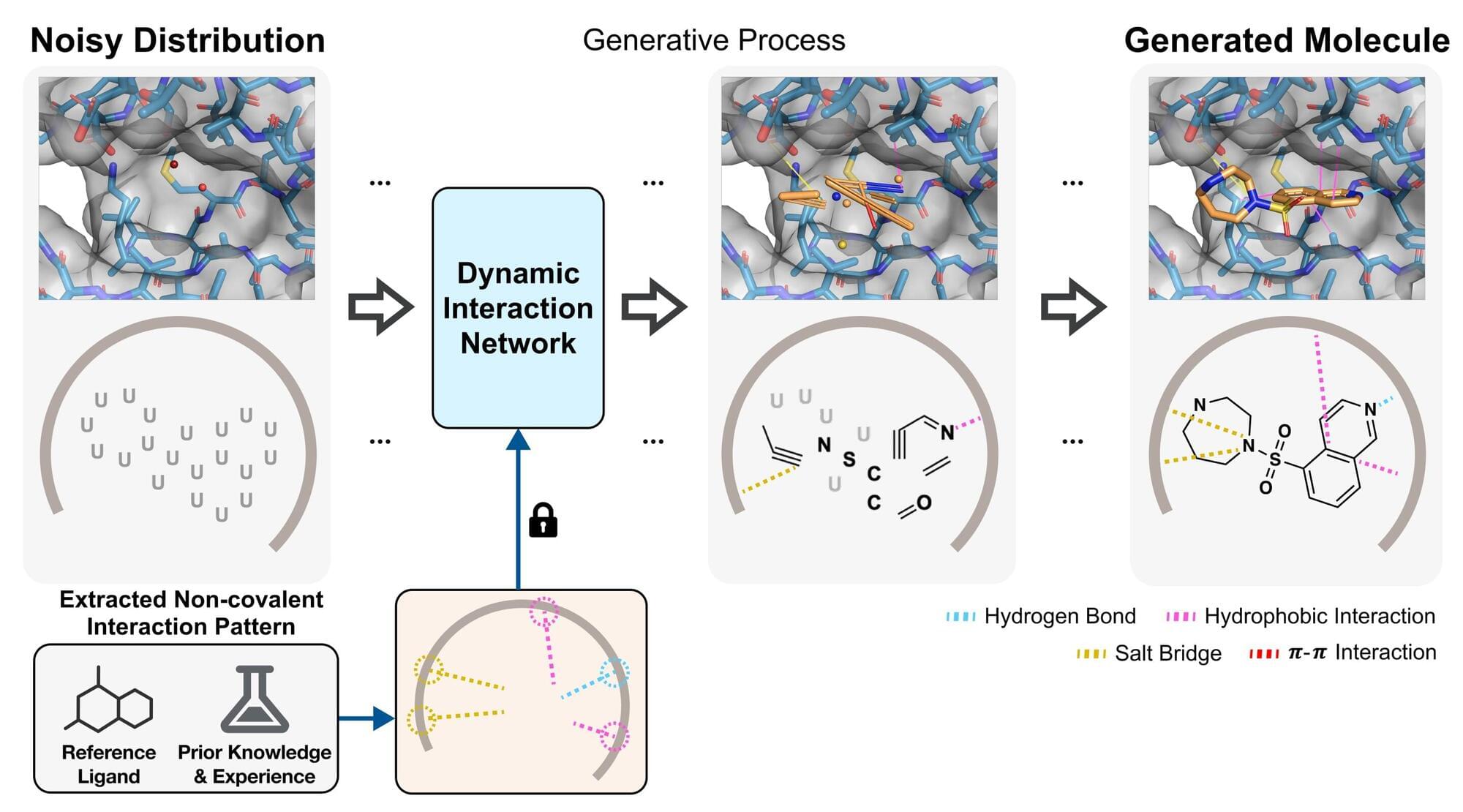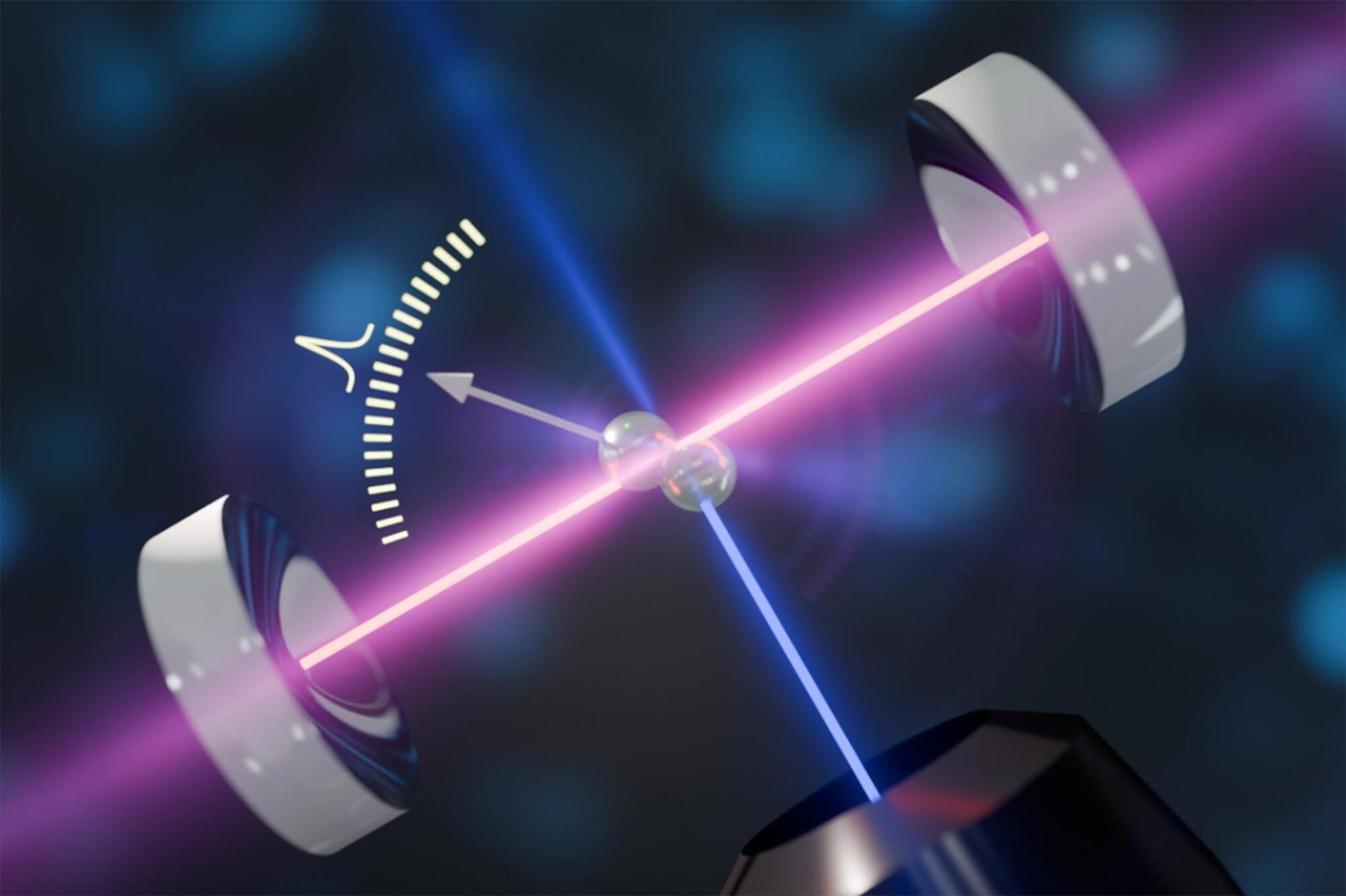Ostracism (being excluded or ignored) is a psychologically painful experience with well-documented negative consequences. This study examines the role of narcissism, a personality trait marked by self-centeredness, entitlement, and a strong desire for admiration. The authors focus on grandiose narcissism in particular, which combines assertive self-enhancement (admiration) with antagonistic tendencies (rivalry). While previous research has shown that narcissists often react aggressively to exclusion, this study explored whether they may also be more likely to be excluded in the first place.
Christiane M. Büttner and colleagues explored this possibility by proposing three mechanisms linking narcissism to ostracism: narcissists may be overly sensitive to exclusion cues and thus perceive more ostracism (negative perceptions), their behavior may prompt others to actually exclude them (target behavior), and repeated experiences of exclusion may reinforce narcissistic traits over time (reverse causality).
By combining large-scale surveys, daily diary data, experiments, and a 14-year longitudinal study across 77,000+ participants, this research provides an unusually comprehensive picture of this dynamic.
Study 1 relied on a nationally representative German panel survey in which 1,592 adults completed a brief narcissism questionnaire (NARQ-S), which includes items reflecting admiration (e.g., “Being a very special person gives me a lot of strength”) and rivalry (e.g., “Most people are somehow losers”). They rated how often they felt ostracized over the past two months. Participants also reported their self-esteem, which allowed the researchers to examine whether narcissism predicted ostracism independently of general self-worth.
Study 2 used an experience sampling approach to capture more fine-grained, real-world data. Nearly 500 U.S.-based participants completed a longer narcissism scale (the extended NARQ), a rejection sensitivity measure, and reported daily instances of exclusion over a 14-day period using a mobile app. They also estimated, at the end of the study, how often they had felt excluded, providing insight into whether narcissistic individuals overestimate exclusion.
In real-time reports, both admiration and rivalry facets correlated with more daily exclusion experiences, with admiration reaching statistical significance. Rivalry was more strongly linked to retrospective recall of ostracism. Narcissists also tended to slightly overestimate how many exclusion episodes they had experienced during the study period, suggesting a modest perceptual bias.
However, narcissism was not linked to the belief that one is excluded more than others, indicating that the distortion lies in recalling one’s own experience rather than making social comparisons.
Studies 3a, 3b, and 3c used the Cyberball paradigm, where participants experienced either clear (complete) or partial exclusion, and judged their inclusion level. These experiments tested whether narcissists were more likely to perceive ostracism in scenarios with clear versus partial exclusion. Study 4 shifted to ambiguous, everyday social scenarios to test whether narcissists interpret subtle cues as ostracism.






